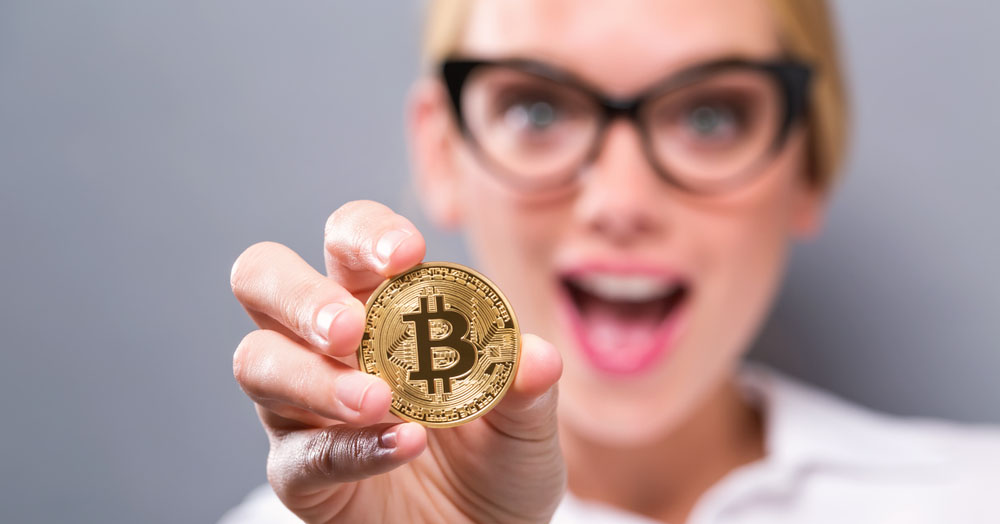Germany’s financial regulator has clarified its position on initial coin offerings. Bafin admitted it was receiving many inquiries about the status of tokens and cryptocurrencies distributed to investors through ICOs. The federal agency advised interested parties to refer to regulations applicable to traditional financial instruments and comply with current requirements. A new survey found out that more than two thirds of Germans know about bitcoin.
Also read: Italy Completes Consultations on Registration of Crypto Companies
Revelation: Tokens Are Securities, Shares and Units of Account
In an advisory letter, the Bundesanstalt für Finanzdienstleistungsaufsicht (Bafin) provides some basic definitions of ICOs and related terms. A company or an individual issues tokens and sells them in exchange for traditional currencies, such as the Euro, or more commonly virtual currencies like bitcoin or ether, the agency explains. Bafin educates the public that tokens are typically generated using distributed ledger or blockchain technology, and ICOs are used to raise funds for startup projects.

The federal financial supervisory authority advises participants in ICOs to check and follow rules applicable to regulated financial instruments, such as securities. Individuals and businesses should approach Bafin in case they have any doubts about regulations. The note clearly states that for regulatory purposes, ICOs, tokens, coins and cryptocurrencies are subject to the existing provisions in the field of securities supervision and other relevant national and EU laws.
Companies should also fulfil any obligations under the Banking Act and the Capital Investment Code, the Insurance Supervision Act and the Payment Services Supervision Act. Bafin’s Department of Licensing will investigate cases in which special permissions may be required. If relevant regulatory requirements are not met, respective projects or transactions may be prohibited. In addition, such violations may constitute administrative offenses and result in fines.
The legal classification of tokens requires precise examination, Bafin says. Depending on their design, tokens can be defined as securities, shares or used to issue derivatives. The supervisory body will determine their status on a case-by-case basis after studying their features. German regulators also note that a token can be both viewed as a financial instrument and a unit of account. In order to be classified as a security, it should be transferable and tradable on cryptocurrency trading platforms referred to as financial markets. Bafin recognizes that token transfers are documented on a distributed ledger or using blockchain technology.
Majority of Germans Know About Bitcoin
Over two thirds of Germans know about bitcoin, with one in five admitting interest in using the cryptocurrency, a recently published study revealed. The survey was conducted by Germany’s digital association Bitkom, which said curiosity and dissatisfaction with official monetary policies were the main reasons for the findings.

Rapid gains in bitcoin, but also reports of spectacular thefts, frauds and market fluctuations, have caught the attention of German citizens. Now, 64% of them admit they have heard of the most popular cryptocurrency, twice as many as in 2016. Despite that, only 4% have used it so far, almost a fifth of the respondents, 19%, say they can imagine acquiring bitcoin. According to Bitkom’s Chief Executive Bernhard Rohleder:
Bitcoin and other cryptocurrencies are good examples how digitization can change the financial industry.
Discontent with policies of central banks and the search for alternative currencies are major drivers of interest in bitcoin (37%). Desire to use cryptocurrency in online payments is another important factor (31%). Only 6% say they have been motivated by expectations to increase their wealth through rising bitcoin prices.
“Cryptocurrencies will enable micro transactions in the Internet of Things in the future. The service of charging an electric car, for example, can be automatically agreed and paid for without the driver having to deal with it”, Dr. Rohleder says.
A quarter of those interviewed (26%) complain that acquiring bitcoin is too complicated because one needs access to a cryptocurrency exchange. 19% of Germans admit they don’t know how and where they can buy bitcoin. One in five is afraid that crypto holdings can be stolen.
Do you think that Bafin’s advisory letter will help spread awareness about cryptos and tokens in Germany? Tell us in the comments section below.
Images courtesy of Shutterstock.
Express yourself freely at Bitcoin.com’s user forums. We don’t censor on political grounds. Check forum.Bitcoin.com.
The post Bafin Clarifies Stance on ICOs as More Germans Ask About Tokens appeared first on Bitcoin News.

Bitcoin.com is author of this content, TheBitcoinNews.com is is not responsible for the content of external sites.
Our Social Networks: Facebook Instagram Pinterest Reddit Telegram Twitter Youtube











